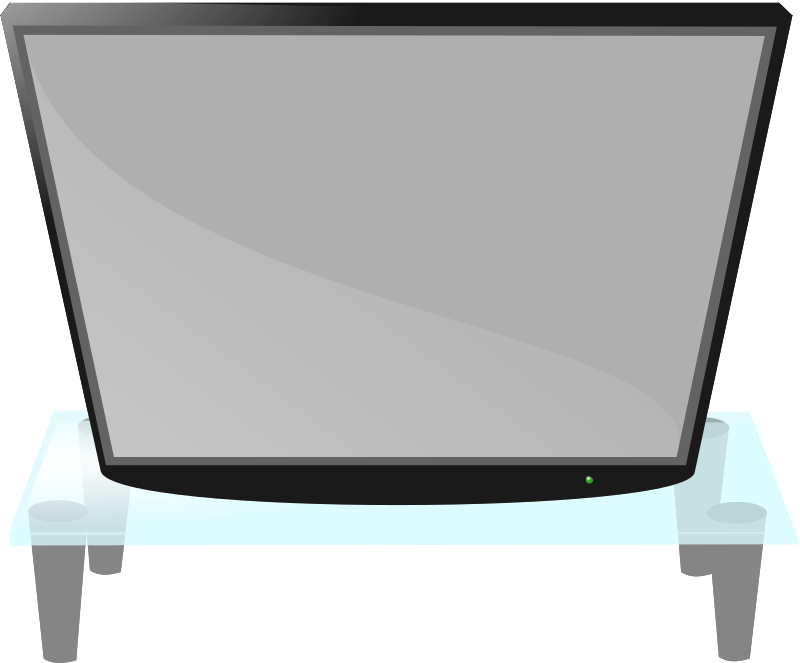Regular readers will notice there is no Writing 101 post today, and you'll see that it won't be here tomorrow, either. You may not find me on Twitter, and you can't expect me to post the tip later today. Because I'm not here.
I'm on vacation! To find out why, re-cap on one of my recent blog posts. Feel free to use these vacation days to catch up on all my Writing 101 tips, and don't get too complacent! I'll be back later this week to share more horror stories, give more advice and tell you what I've learned from my many, many writing mistakes.

































